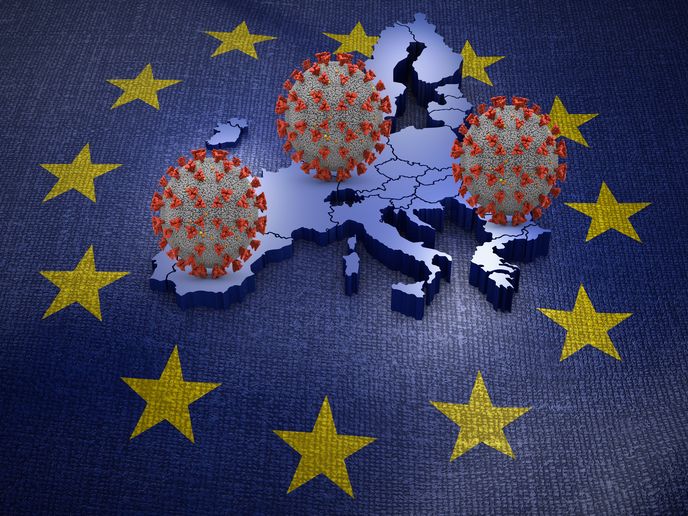The good and the bad of COVID-19 response in multi-level governance
How did multi-level governance in Europe influence the overall effectiveness of the response to the COVID-19 pandemic, and what was its impact? A recent study carried out as part of the EU-funded PERISCOPE project analyses the COVID-19 response of governance by different levels and highlights some best practices and aspects requiring improvement. Focusing on different international, national and local actors that participated in or held authority during the pandemic response period, the study challenges the state-centric view of multi-level governance. It also moves away from the dominant focus on resilience and instead highlights three core concepts that draw attention to the social, political and environmental aspects of governance: social infrastructures, public authority, and One Health (a unifying approach that acknowledges the interdependence of people, animals and the environment). The report presents several key findings. These include the fact that decentralised governance played a critical role in implementing pandemic policy and ensuring compliance. Additionally, communities and community sector organisations (CSOs) such as voluntary organisations and community groups played a key role in closing the gap between statutory services (provided and paid for by the government) and community needs, particularly among vulnerable groups. Favourable legal and financial environments fostered innovative forms of collaboration and mutuality at different levels of government. On the downside, pandemic policies and governance approaches led to new forms of stigmatisation and inequality, and they exacerbated existing forms. Scientific evidence also appeared to play a mixed role in informing policymaking.
Key criteria for best practices
The report recommends several criteria for implementing best practices in pandemic governance. We need decentralised governance structures that are linked through strong communication channels and coordination mechanisms, as well as empowered and well-funded CSOs that can advocate for the needs of vulnerable groups. Also important are innovative funding and legal structures that will enable the rapid redistribution of funds and allow important collaborations to be sustained through periods of crisis and beyond. Attention should be paid to the structural barriers created by pandemic bureaucracy that prevent certain groups from benefiting from vaccination, economic measures or healthcare. Attention also needs to be paid to non-human factors, including a broad engagement with the needs of animals and plant life and the impact of built environments on health outcomes through a One Health framework. Furthermore, we need to invest in social listening mechanisms that allow governments to understand, adapt and co-design their policies with communities, specifically using qualitative and ethnographic data. Finally, a broad and diverse evidence base is needed to inform policymaking, facilitated by interdisciplinary collaboration among scientific researchers and channelled through strong communication mechanisms. PERISCOPE (Pan-European Response to the ImpactS of COVID-19 and future Pandemics and Epidemics) is coordinated by the University of Pavia, Italy. The project ends in October 2023. For more information, please see: PERISCOPE project website
Keywords
PERISCOPE, COVID-19, pandemic, multi-level governance, governance, government response, best practice, policy, policymaking



